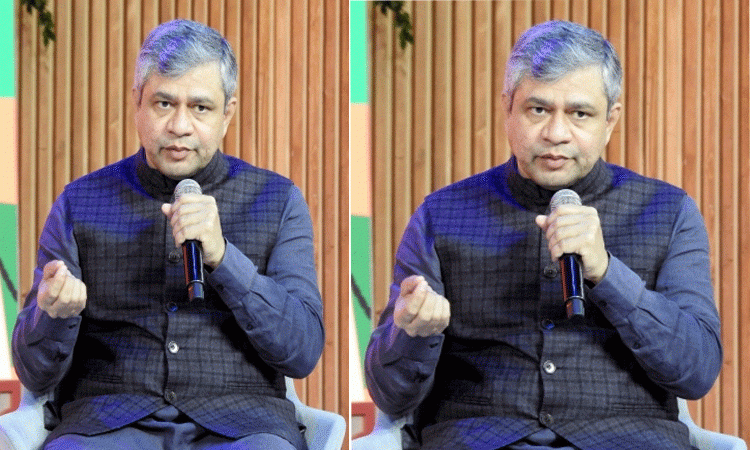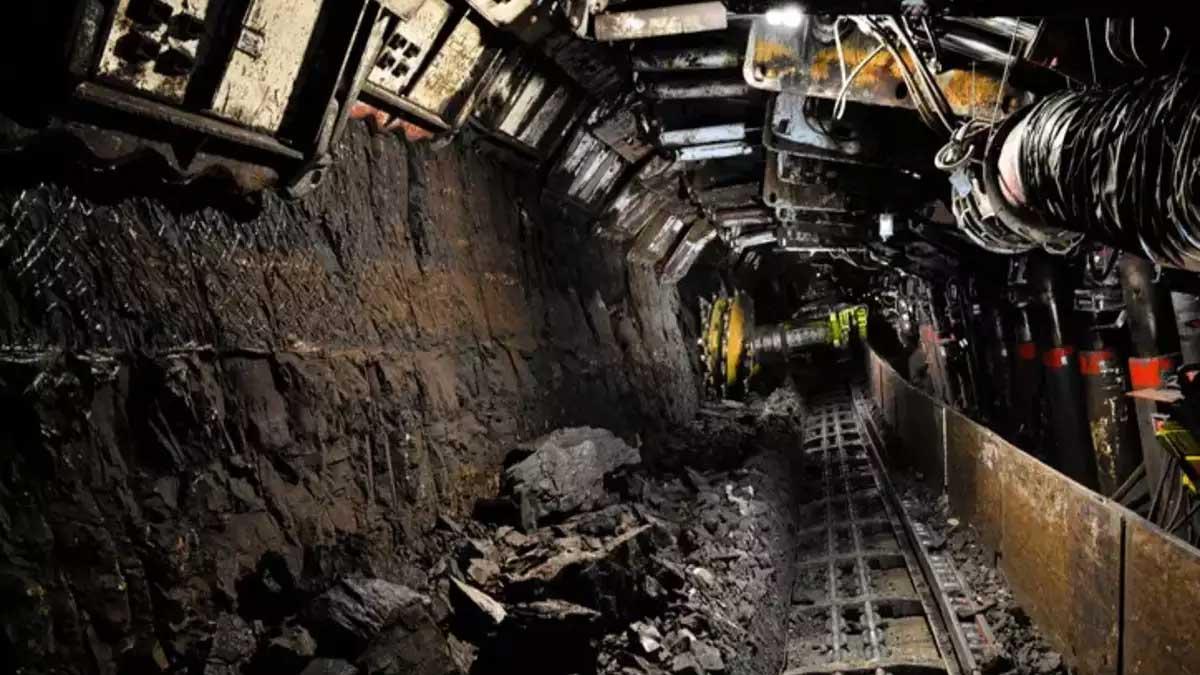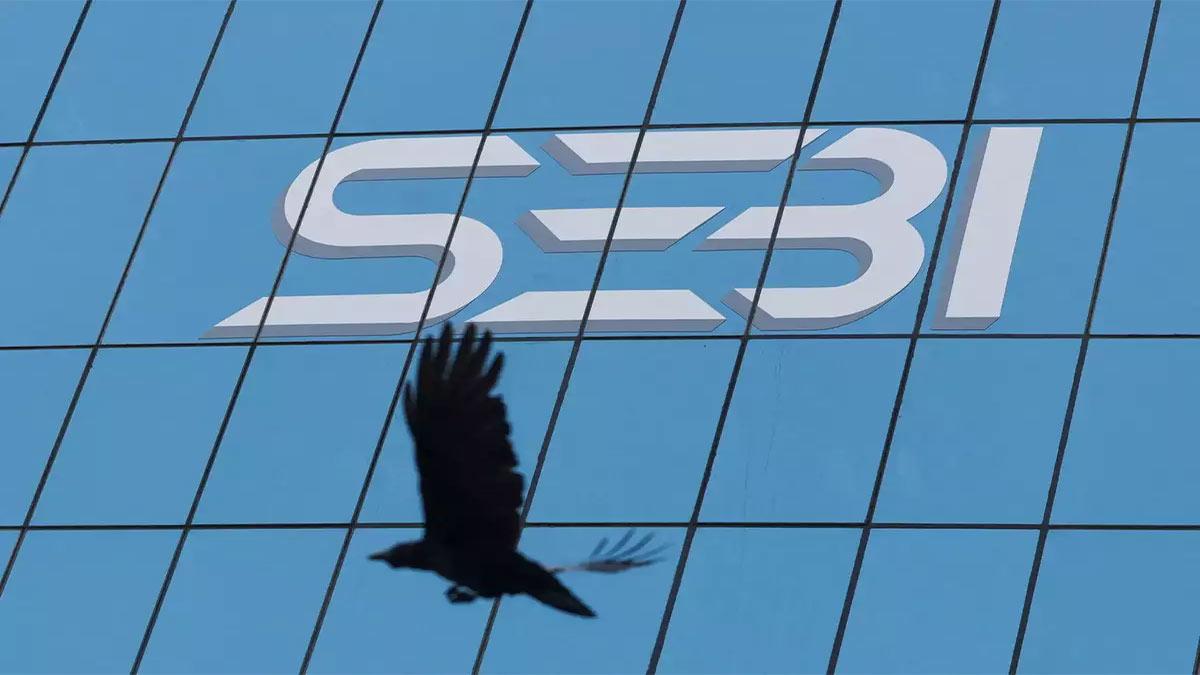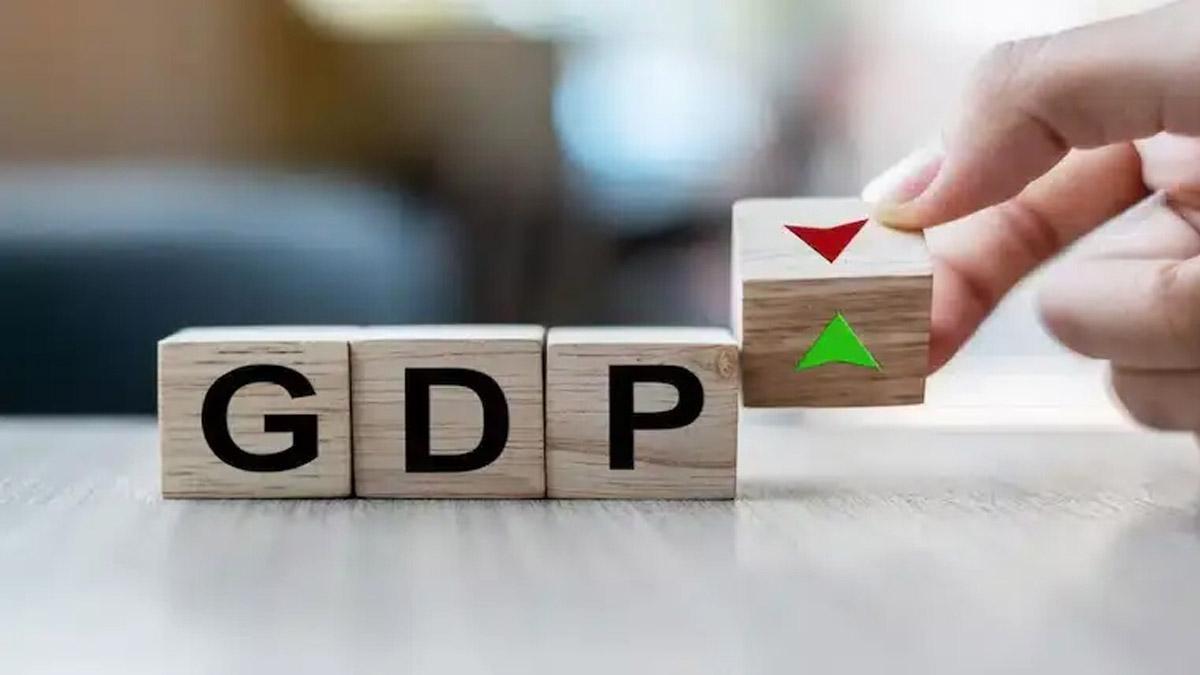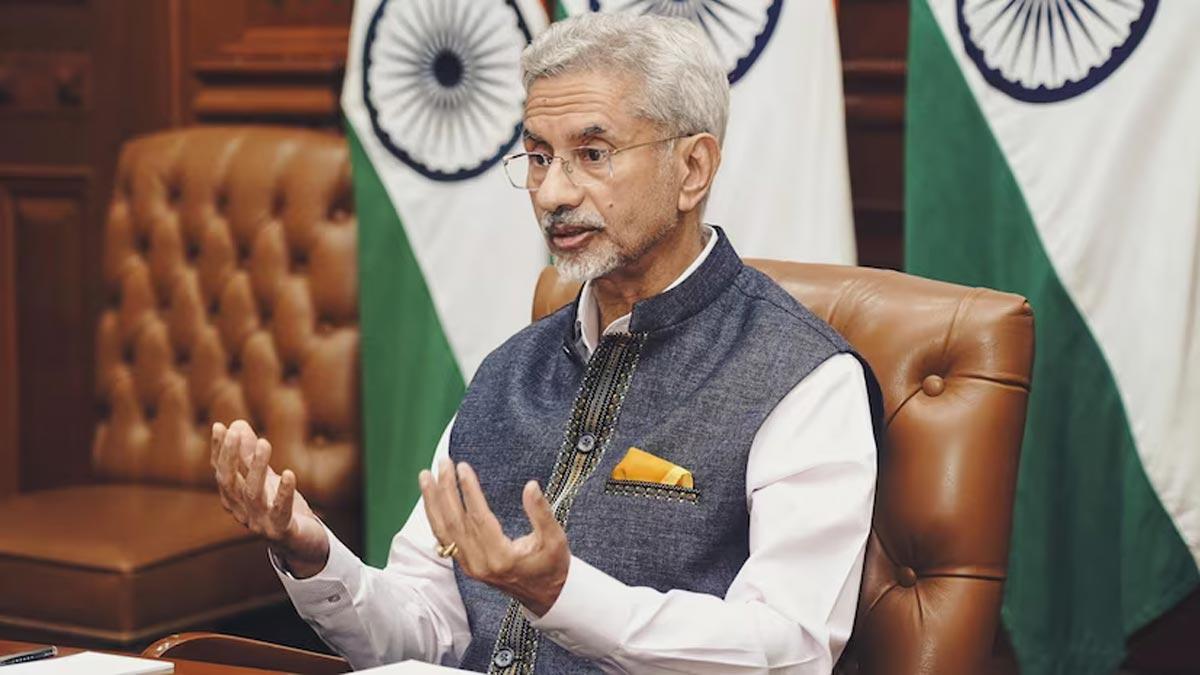Minister for Electronics, Railways and Telecom Ashwini Vaishnaw on Tuesday said that the government is focussing on the semi conductor industry for India.
"We are talking to all stakeholders in semi conductor industry. It's a new industry and an uphill task, but we are committed to do what is needed," he said.
Addressing the scope for growth in the semiconductor industry, Vaishnaw said that a lot of interest has been shown by stakeholders in the sector, "We should see a vibrant semi-conductor industry in the next three to four years".
Also read |Two US bank failures not to impact banks in India, APAC: Moody's
Vaishnaw, who was addressing the CII Partnership Summit, while commenting on developments in the telecom sector said, "Time has come where we need at least one more source in telecom sector. The world has handful of players, which is a barrier in many ways. India thus decided to make an end to end stack of telecom technology. We took that as a challenge and within two and a half years, a world class telecom stack is ready and is getting deployed as we speak. We recently tested it for 10 million simultaneous calls."
On the role of public investment in providing data connections to the most vulnerable sectors, Vaishnaw said, "Accessibility will always pose a challenge to take data connections to most vulnerable sectors, and that is where public investment has to come in. We are investing about $8 billion in providing 4G and 5G services till the last mile."
Affordability, the minister added, is extremely important in digitisation of India.
"Almost eight years back, the cost was about Rs 300 per GB of data. Now it is about Rs 14 per GB of data. It happened when we laid a clear policy framework for telecom sector. The sector is now the entry point for digitisation," he informed.
Also read |Decline in NSE active accounts continues for 8th consecutive month
Vaishnaw further said that India has opened up mass solutions such as vaccination and payment digitisation to the world, adding that these solutions are India's contribution to the world.
"Digitisation in payments, vaccination are population level solutions. Any country that would like to use these solutions, we humbly offer it to you. This is our contribution to the world," the minister noted.
"We have a very large ecosystem of banks, companies, startups and then 1.2 billion people on Unified Payment Interface (UPI). This gives us power where no single company or player can dominate the country's money economy," Vaishnaw said while commenting on the UPI ecosystem and its capabilities.
On Indian railways, the minister, who also handles the portfolio, remarked that it is making a huge difference in transportation costs.
"With more share in railways, logistics cost will dramatically come down. For a very long period of four to five decades, investment in railways was very small. It picked up after 2013. Since then it has increased from Rs 40,000 crore to Rs 2.41 lakh crore in the current budget," Vaishnaw informed.
"Our focus in railway is to increase railways' carrying capacity significantly. Our focus here is on Make In India and design in India by using our talent pool," the minister said.
Payment risk is a biggest risk in railway contracts, the minister said.
"We decided that if payment in railway contracts is not done within 30 days of invoice, government will pay interest on it," Vaishnaw informed.

